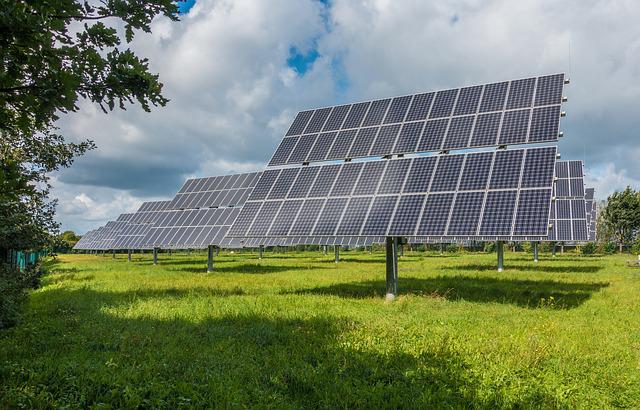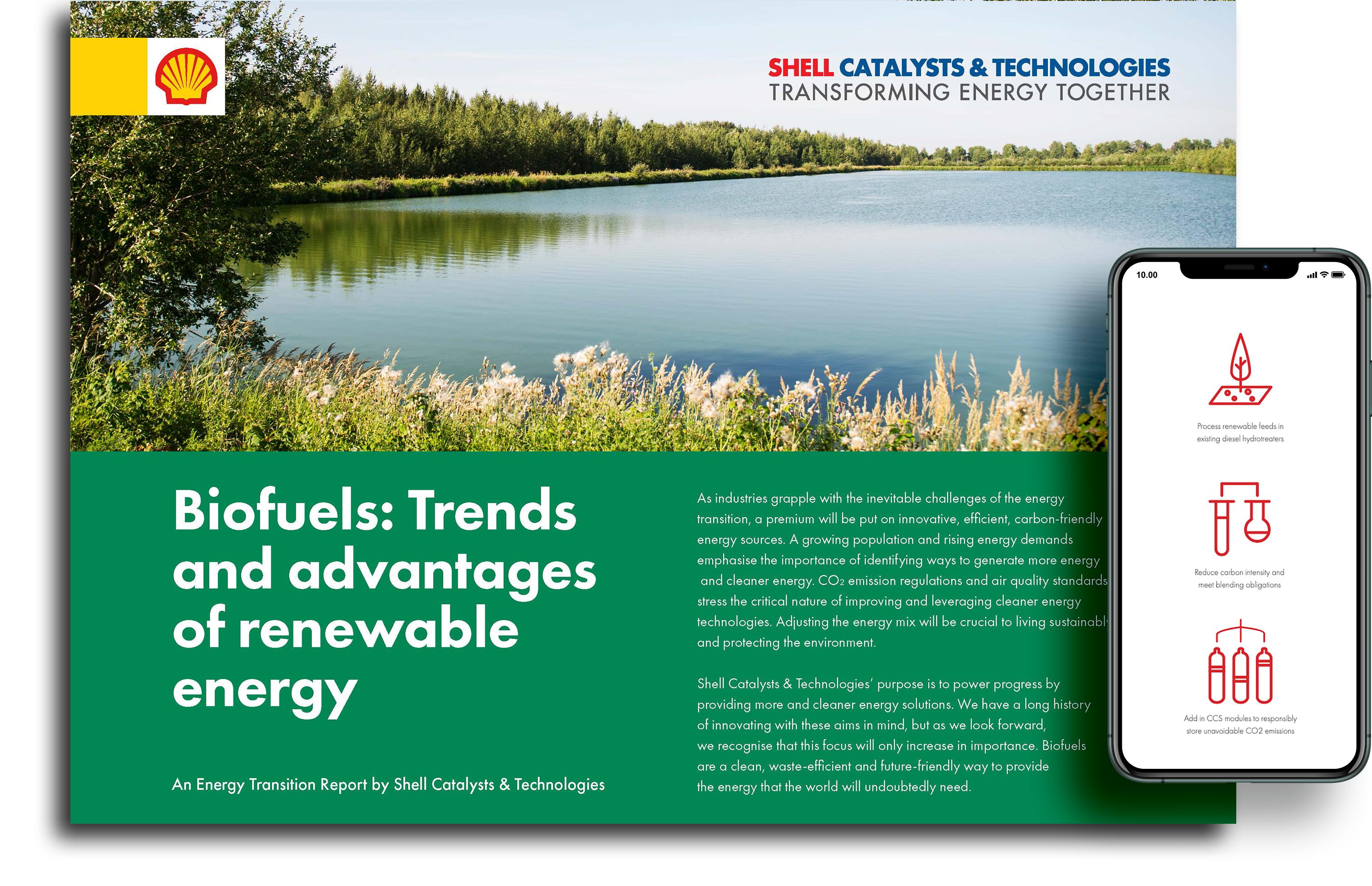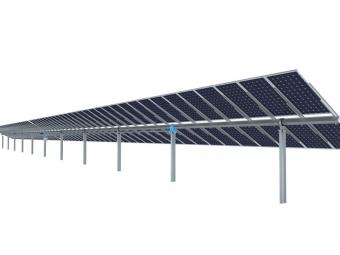
In order to encourage a greater investment in renewable energy, the government has enacted an investment tax credit, also known as the ITC. This credit, which is issued in cash grants, encourages the development new types of renewable energies that aren't covered by existing laws. For instance, offshore wind power can better benefit from the ITC than from the PTC. Congress has recently amended the tax code in order to make offshore wind eligible under the ITC. America's future prosperity will depend on strong investment in renewable energy.
Subsidy subsidies
Some people support subsidies for renewable energy. But others don't. Some people support subsidies because of their health benefits, and the need to transition to a lower-carbon world. Some argue that they should be removed because renewable energy sources can compete with traditional forms.
Subsidies for fossil fuel industries are huge. In FY 2017, renewable energy subsidies fell nearly 45% from their peak of FY 2017. This doesn't mean renewable energy subsidies are gone. Recent data shows that fossil fuel subsidy are actually on the rebound. The number of subsidies for fossil fuels has increased by 5% each year, and is expected to rise to nearly 7 percent of global GDP by 2025. This is partly due the growing use of fossilfuels in developing countries.

Credit for investment tax
The government's Renewable Energy Investment Tax Credit (ITC) program provides incentives for renewable energy projects. Current deadline to place solar projects into service is December 31, 2030. A new legislative recommendation will change that deadline to allow solar projects to be placed into service sooner. It also provides incentives for those projects that take more time. The ITC may go up to 4 percent for solar projects installed after December 31, 2036.
The act provides tax incentives for electric and hydrogen-fueled vehicles, energy efficiency, biofuels, carbon sequestration, and nuclear power. Additional grant programs are also available for interregional transmission and offshore wind projects.
Treasury cash grant program
Treasury cash grants program for government renewable energies policy are available to government agencies as a means of funding energy projects. The cash grants are in lieu of the ITC and PTC so taxpayers do not need to claim them. However, projects must meet certain eligibility requirements to receive the cash grants. The project may be disqualified if it does not meet the requirements. Treasury guidance materials make this clear.
The cash grants are paid within 60 days from the date of submission. Treasury must review and approve any applications for projects which are not being placed into service in 2009 or 2010. You must submit additional information within ninety calendar days after the project's completion.

Development of renewable energie zones
The development of renewable energy zones in Australia has been a top priority for state governments. These government-controlled statutory authorities are responsible for coordinating REZ projects, taking a holistic approach to planning and development, and working with communities to ensure benefits are shared. REZs are a powerful tool for grid-connected renewable energy development.
Development of renewable energy zones will require significant public funding that cannot be provided by the private sector alone. However, the government can intervene in the early stages to help reduce market risks and finance deployments. This also allows for private sector investment. Venture capital firms can also provide financing, but this is limited to large-scale deployment projects.